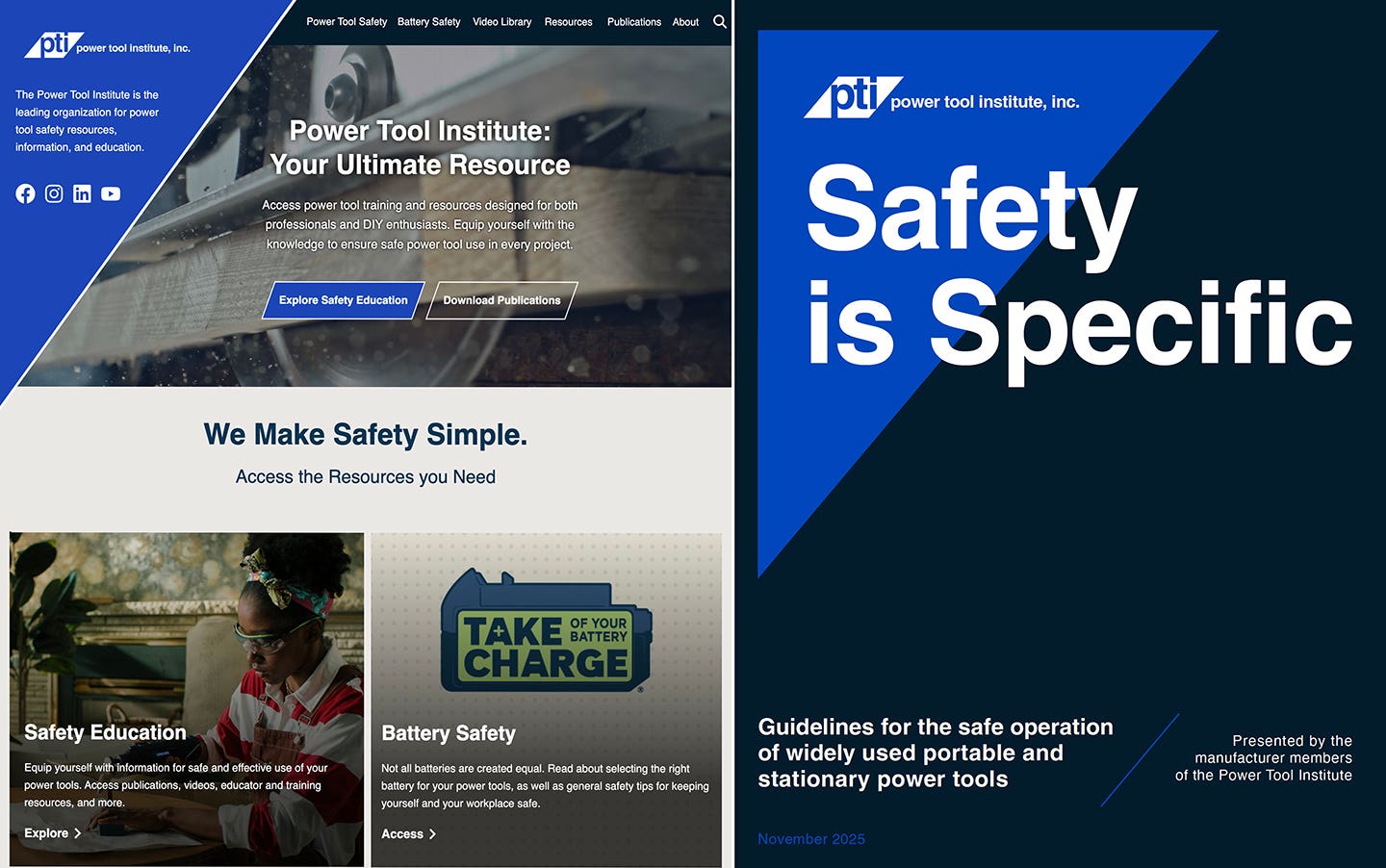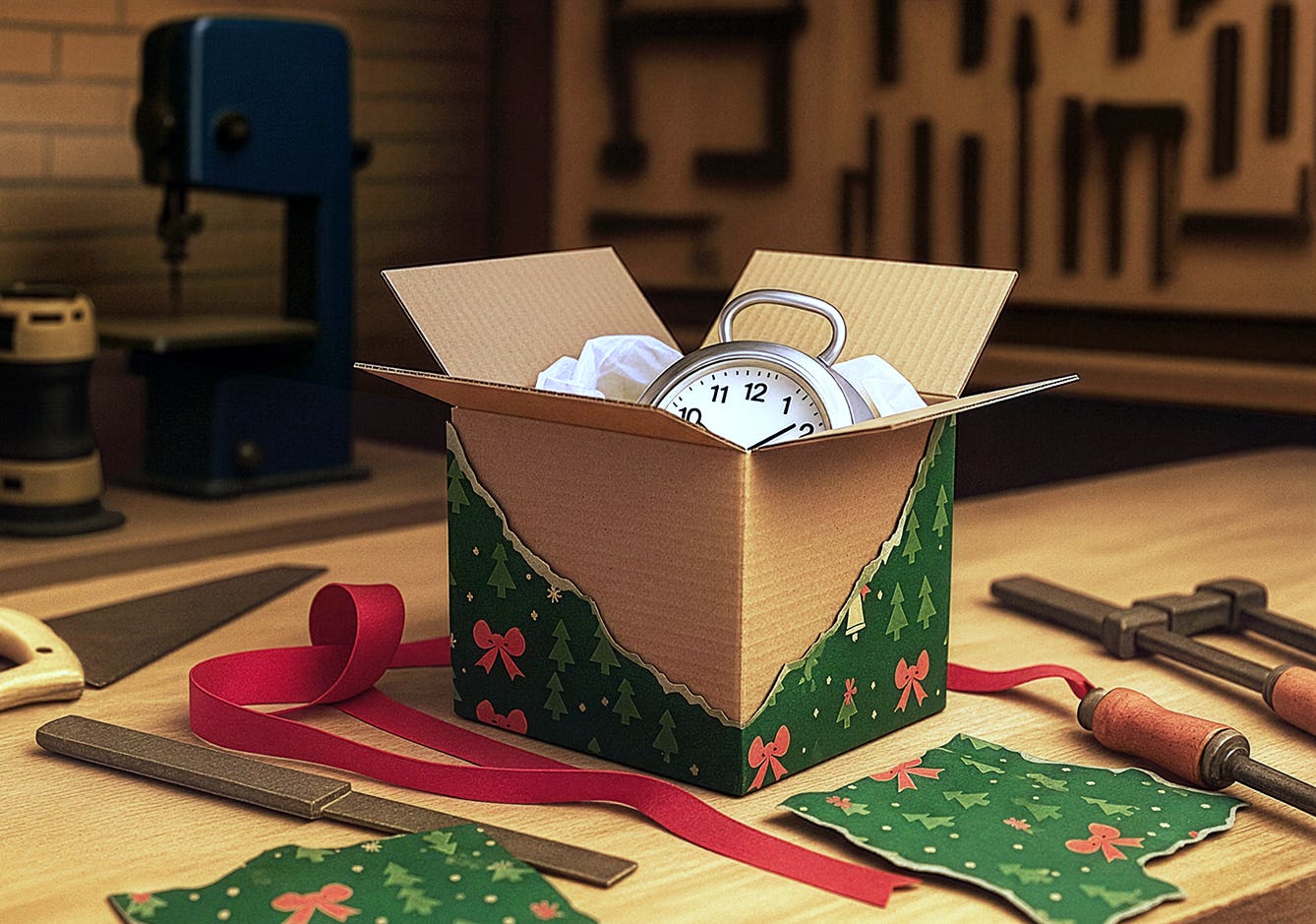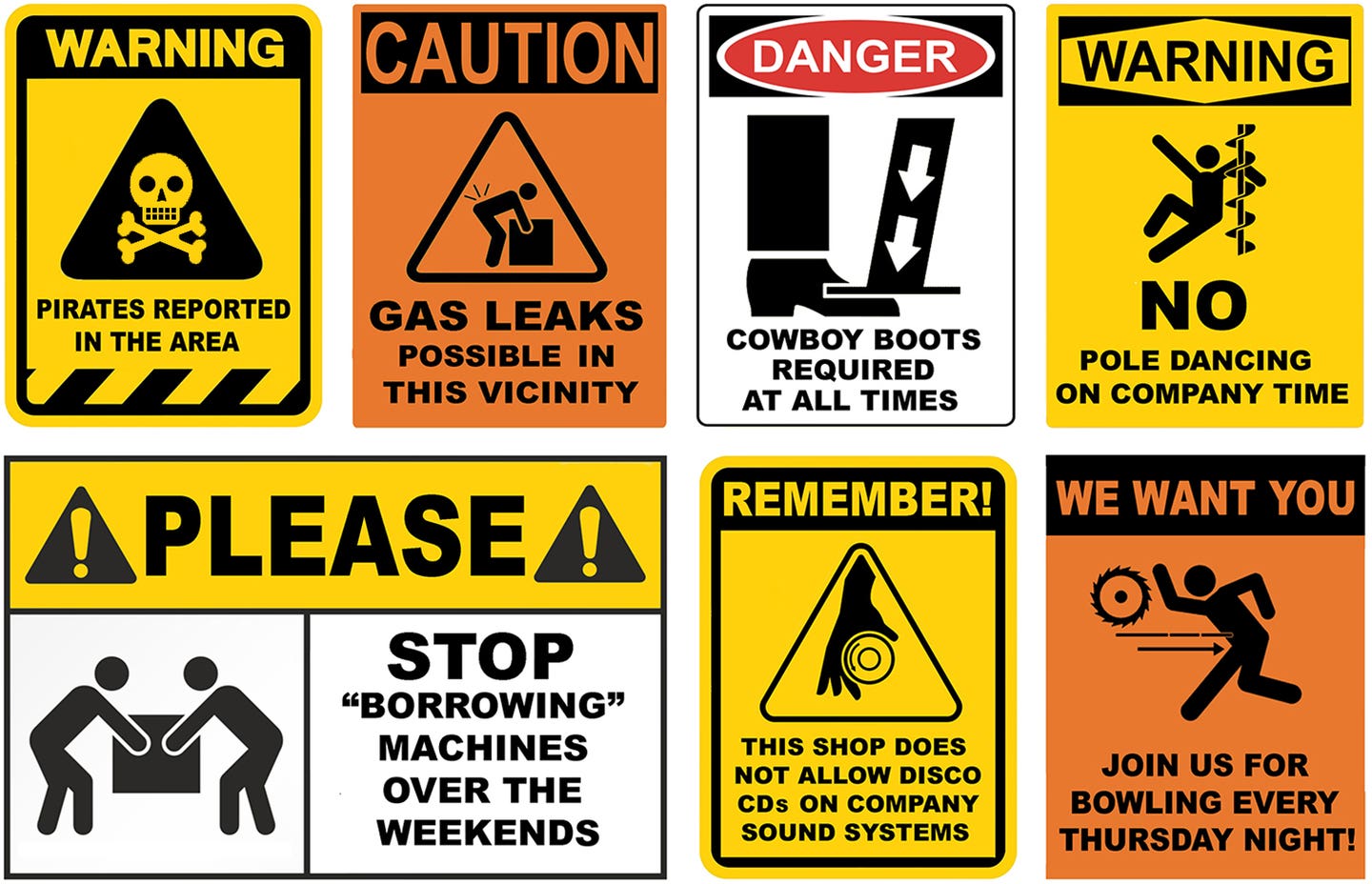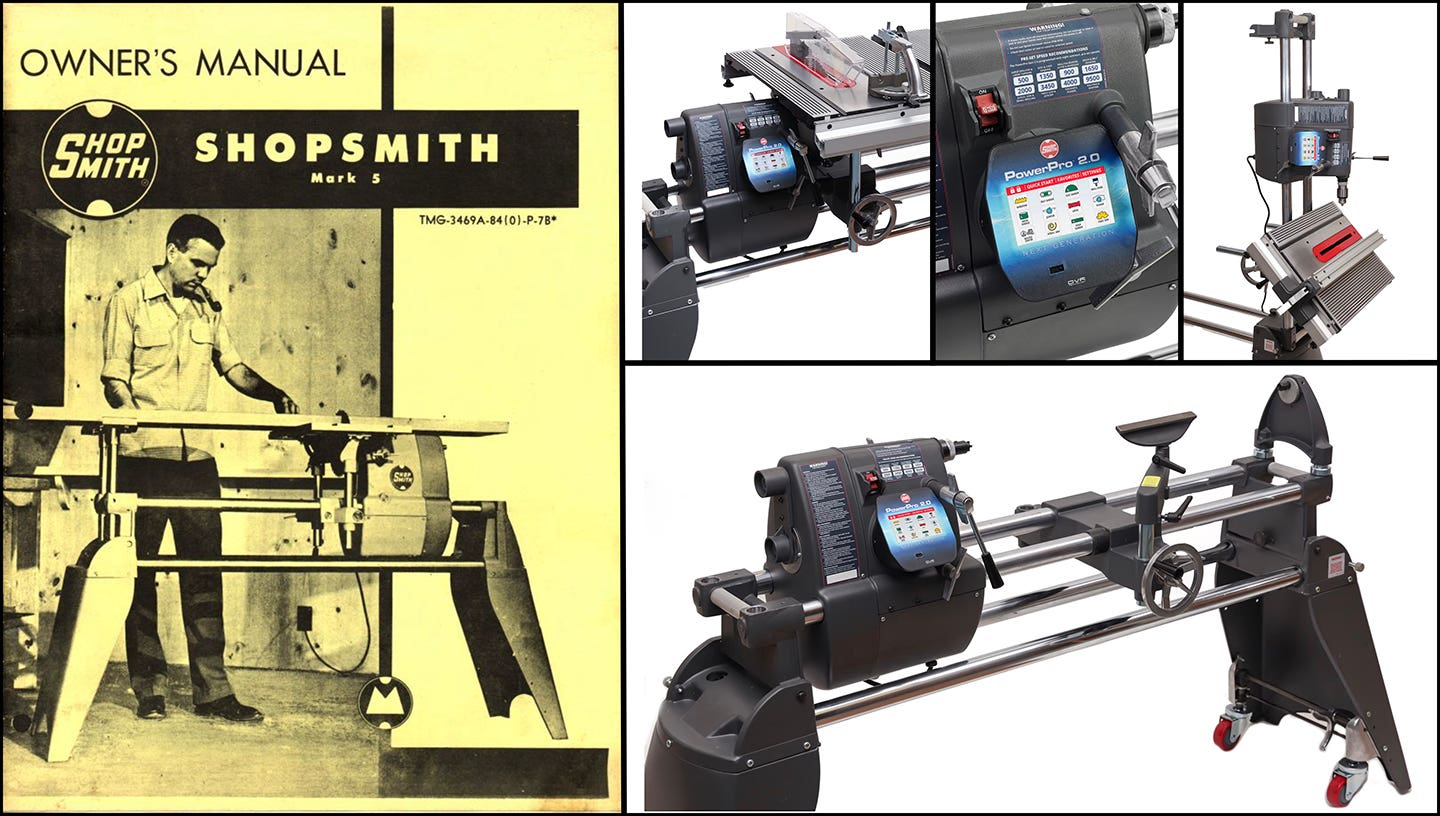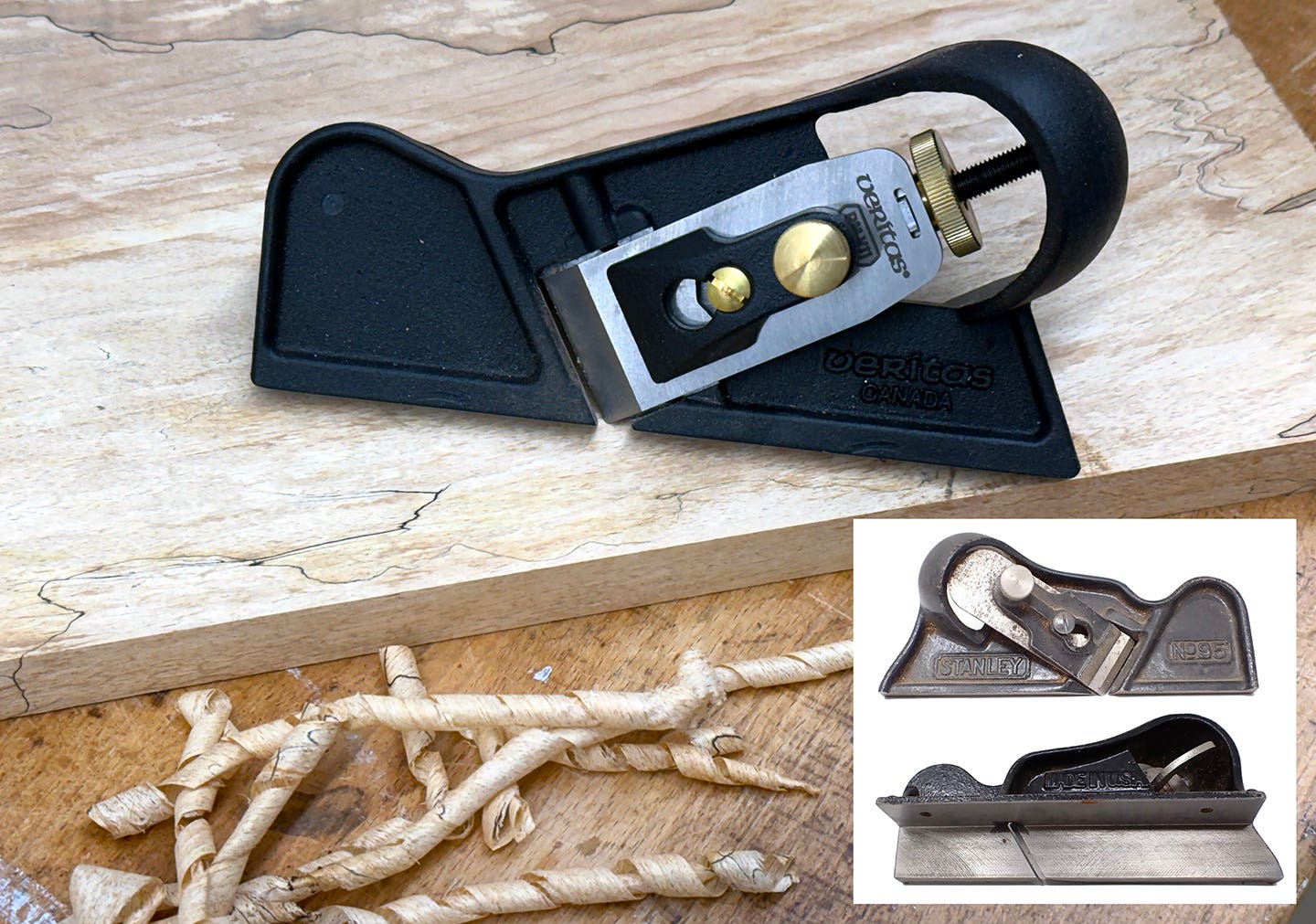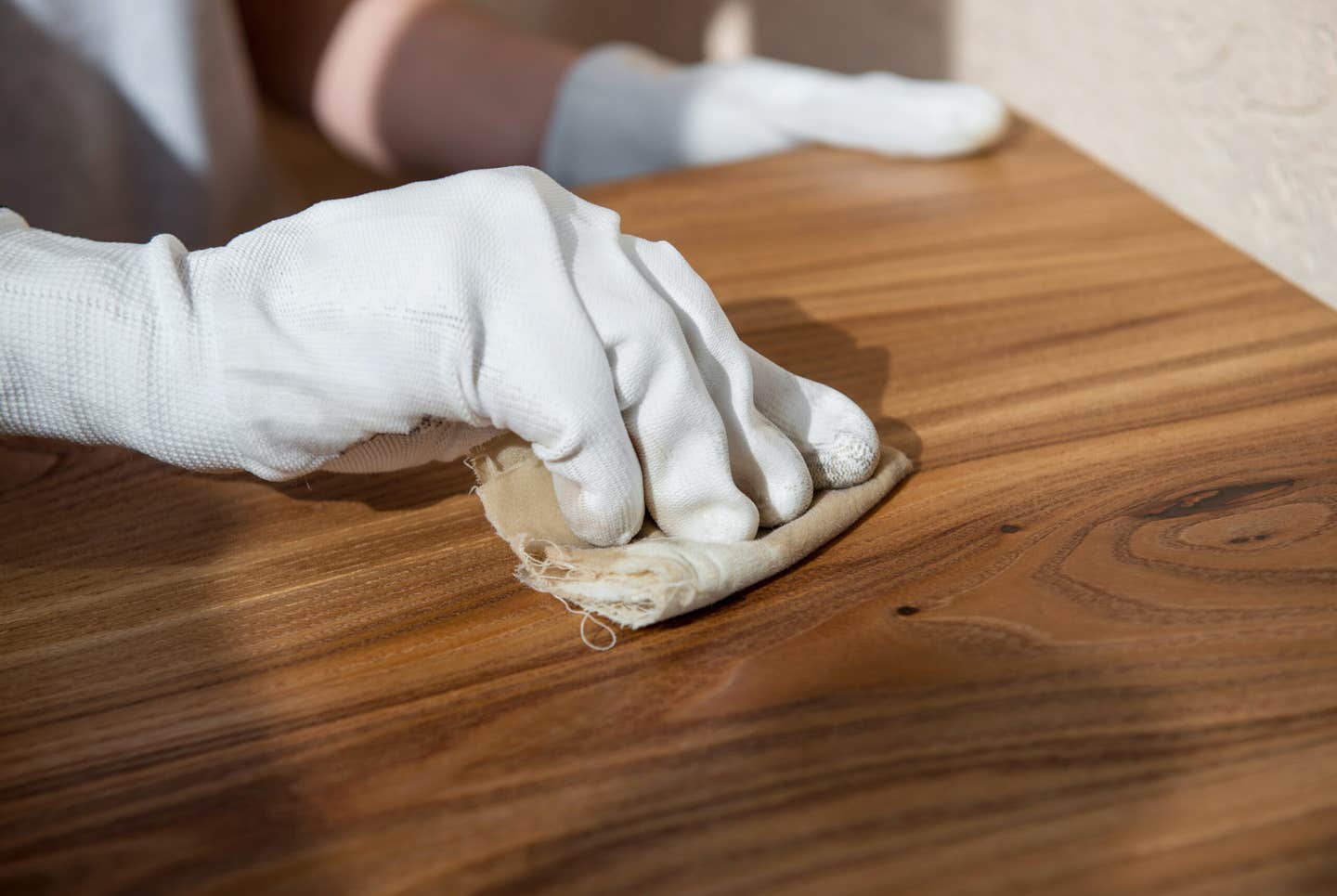Cheap tools, another opinion
In David DeCristoforo’s May 11 blog, he talks about the benefit of buying better tools versus buying cheap ones. For the most part I agree with him, but not entirely….
In David DeCristoforo's May 11 blog, he talks about the benefit of buying better tools versus buying cheap ones. For the most part I agree with him, but not entirely.
What David says about many older tools being better that today's equivalent models even though the newer tools may have more features is spot-on. Quality has definitely gone down. Some of my oldest tools are my favorites, and I hope they never need replacing. I also agree with him when he advises that you should buy the best tools you can afford for your regular woodworking chores. Anything less will probably fall apart in your hands with extended use.
But sometimes cheap is the way to go. For example, I occasionally need to peen rivets. Not often; in fact, one of the boxes of rivets I have has been in my shop for more than 10 years, and I don't think I've used half of them. And it's not a large box, either. I recently realized that I'd lost my ball-peen hammer at some point over the last few years, and had to go out and buy a new one. The cheapest one at a local Big Box store was $17. A ball-peen hammer at the cheap-import-tool store was $3.75. I bought the cheapo and couldn't be more pleased.
Likewise, I'd been wanting a 1" benchtop belt sander to occasionally reach into crevices of intricately cut workpieces. Depending on brand, "decent" versions of this tool go for $70 to $130. I have a need for this about once or twice a year and felt no need to pay that, so from that same cheapo-tool place I got one for $29.
Is it a piece of junk? You betcha. But with some tweaking and adjusting, it sands exactly square to its small plastic table and gets the job done. For my needs, it's perfect.
I buy combo Phillips/slotted screwdrivers by the dozens, and have them in just about every drawer of the house. Good ones cost $10; the ones I buy are usually less than $2 and are in those junk-tool bins at the checkout counter of every Big Box store. Why pay more? These get the job done just as well as good ones, and if I lose one which I do frequently so what?
So, yeah, if it's a tool your profession depends on, spend the bucks. But for infrequent (or even disposable) use, save your money and go cheap every time.
Till next time,
A.J.
A.J. Hamler is the former editor of Woodshop News and Woodcraft Magazine. He's currently a freelance woodworking writer/editor, which is another way of stating self-employed. When he's not writing or in the shop, he enjoys science fiction, gourmet cooking and Civil War reenacting, but not at the same time.


